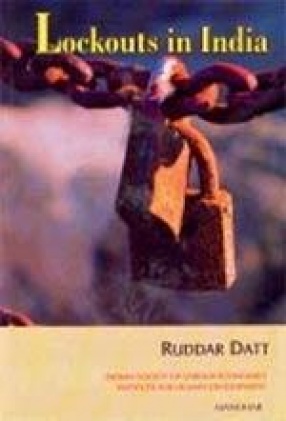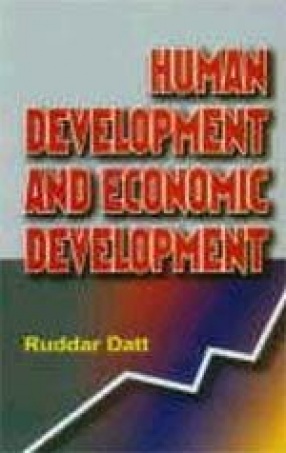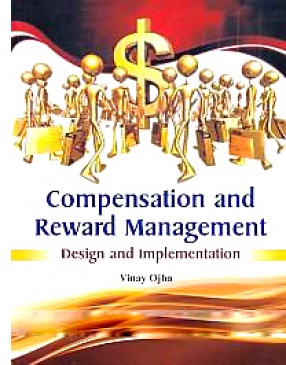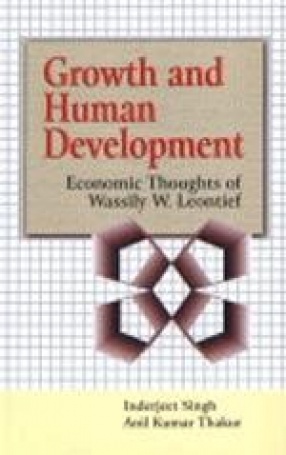This book is perhaps the first attempt to study the menacing problem of lockouts in India which has plagued industries in the last three decades. Besides giving an overview of lockouts from 1961 to 1997, the author has made a special study of lockouts in West Bengal-the state with maximum number of mandays lost due to lockouts in India. He suggests that the causes for lockouts put forward by the Indian government in the Labour Year Book as well as Labour in West Bengal (a publication of the West Bengal government) are not tenable since the data is based on the employer’s perception only. The major causes of lockouts, he suggests are: downsizing of labour and casualization, increasing workload of workers, absence of a long-term perspective by employers, failure to bring about technological upgradation, pre-occupation with short-term profits, inefficient management, inter-family disputes, indiscipline and violence to some extent and cost reduction during periods of low demand. While employers have succeeded subduing labour by using lockouts, the state has failed to find a durable solution to the underlying problems so that lockouts can be avoided altogether. The study concludes that while the state has tacitly submitted to the employers to earn higher profits by a system of exploitative efficiency, it has failed to provide economic justice to labour.
Lockouts in India
by Ruddar Datt
$19.00
$20.00
In stock
Free & Quick Delivery Worldwide
All orders amounting to US$ 50 or more qualify for Free Delivery Worldwide. For orders less than US$ 50, we offer Standard Delivery at $14 per book.
ABOUT THE AUTHOR Ruddar Datt
Prof. Ruddar Datt started his career as teacher of Economics in 1952 at Vaish College, Rohtak (Haryana) and later in 1957 joined GMN College, Ambala Cantt. In 1959, he took over as Head of the Department of Economics at ARSE College, New Delhi where he worked for a period of 12 years. He was invited by the University of Delhi to work as Planning Officer in 1971. Thereafter, in 1972 he was appointed as the Principal of the School of Correspondence Courses and Continuing Education, University of Delhi- the post which he held for a period of 22 years and retired in May 1995. Presently, he is Visiting Professor at the institute of Human Development, New Delhi. Prof. Datt was elected as the President of the Indian Economic Association in 1991. He was also elected as the President of Indian Society of Labour Economics in 1991. Professor Datt has specialized in the study of the problems of Indian Economy, more especially I areas of economic reforms, employment policy and labour. He was invited by the Planing Commission in 2001 to be a member of Special Group on Targetting 10 Million Employment Opportunities per Year. Earlier he participated in the Study Group on Development of Small Scale Enterprises set up by the Planning Commission in May 1999 as a member. His major publications are: Indian Economy (1965), 47th Edition published in 2003; Dictionary of Technical Terms in Economics (English-Hindi-1974), India’s New Economic or Pannacea (1993); Workers Participation and Workers’ Ownership (1993); Cost of Distance Education in India (1994); Second Generation Economic Reforms in India (2001); Economic Reforms in India- An Appraisal (2001). In 2001, he completed a research study on the subject of ‘Lockouts in India- A Case Study of West Bengal. Besides, he has published an number of articles in reputed journals, such as The Indian Economic Journal, The Indian Jounal of Labour Economics and IASSI Quarterly. He has been a frequent contributor to the Business Line, Mainstream, Financial Express and Economic Times.
reviews
0 in total
Review by Anonymous
Be the first to review “Lockouts in India” Cancel reply
You must be logged in to post a review.
Bibliographic information
Title
Lockouts in India
Author
Edition
1st ed.
Publisher
ISBN
8173045194
Length
184p., Figures; Tables; Bibliography; Index; 26cm.
Subjects
more by Ruddar Datt see more
similar bookssee more
Growth and Human Development: Economic Thoughts of Wassily W. Leontief
The Indian Economic ...
$58.50
$65.00








There are no reviews yet.